Macular Degeneration
What is macular degeneration?
Macular degeneration is an eye disease that causes vision loss. The macula, which is the central portion of the retina, deteriorates and affects the ability to read, drive, recognize faces and colors, and see fine detail. It is the leading cause of vision loss in the U.S.
There are two types of this disease: dry and wet. Dry macular degeneration accounts for about 85-90% of cases, while only 10-15% of those with macular degeneration have the wet form, which is the more severe form. This disease also comes in three stages: early, intermediate, and late.
What are the symptoms of macular degeneration?
The loss of central vision is the main symptom of macular degeneration. People may experience visual distortions, reduced central vision, a need for brighter light, an increased difficulty in adjusting to low light levels, blurriness of printed words, decreased brightness of colors, and difficulty recognizing faces. Dry macular degeneration usually progresses gradually whereas the wet form can cause sudden and dramatic changes in vision.
What causes macular degeneration?
The exact cause of macular degeneration is not completely understood, but it is believed to be a combination of environmental and genetic factors.
In dry macular degeneration parts of the macula thin with age, and small groups of proteins called drusen grow. Wet macular degeneration occurs when abnormal blood vessels grow under the retina. The vessels then leak blood or fluids and cause scarring.
There are risk factors that increase the likelihood of developing macular degeneration. Age is the biggest factor, as the disease tends to affect those who are 55 and older. If there is a family history of macular degeneration then there is also a higher risk. Caucasions are the most commonly affected by this condition as well. Smoking is something else that may increase the chance of having macular degeneration.
How is macular degeneration diagnosed?
Macular degeneration is diagnosed through an eye exam, in which one may be asked to look at an Amsler grid, which helps to find blurry or blind spots in one’s vision. Using a special lens, a doctor will look for changes in the macula and retina. A fluorescein angiography or optical coherence tomography may also be performed.
What are the treatments for macular degeneration?
There is no cure for macular degeneration. There are preventative measures that can be taken, such as dieting, exercising, avoiding smoking, and protecting the eyes from UV light. These measures may also slow the progression if one has already been diagnosed.
For dry macular degeneration, supplements for vitamins and minerals may be helpful in slowing the progression. In terms of wet macular degeneration, anti-VEGF drugs or laser surgery can help to reduce the amount of abnormal blood vessels.
Where can I find out more about macular degeneration?
Macular Degeneration Articles
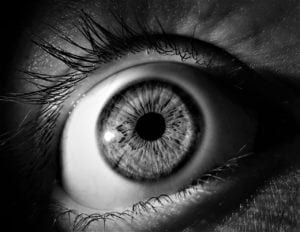
One-Time Gene Therapy ABBV-RGX-314 Shows Potential in Wet AMD
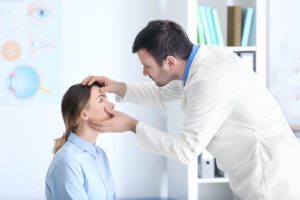
Rare Community Profiles: Wet Age-Related Macular Degeneration: Treatments Continue to Improve
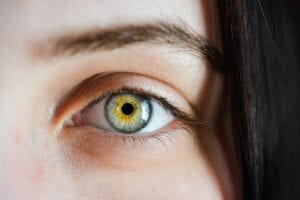

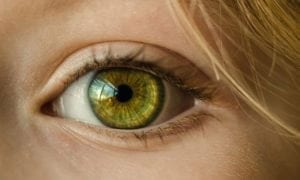
A Newly Initiated Phase 1 Study Will Evaluate AIV007 for Wet AMD, DME

Vabysmo Shows Advantages Over Aflibercept in Wet AMD and Diabetic Macular Edema
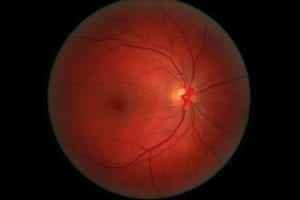
How Carmen’s Wet AMD Experience Challenged Her to Raise Awareness







